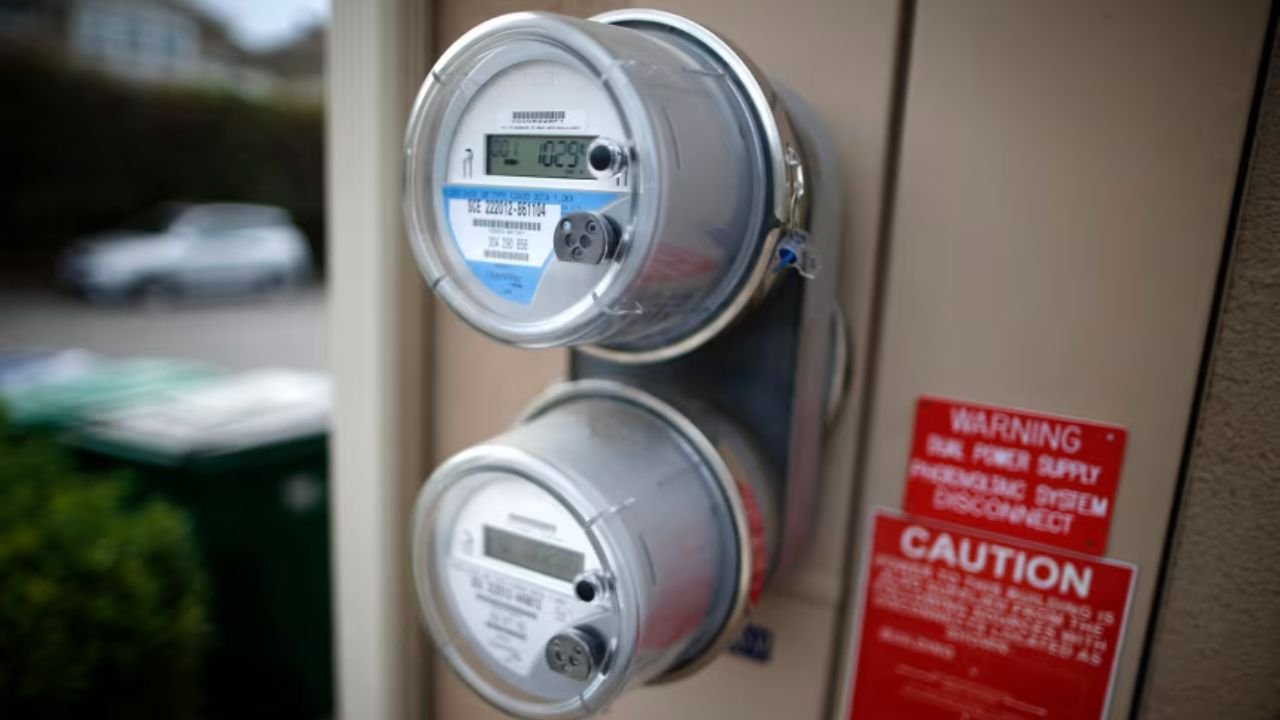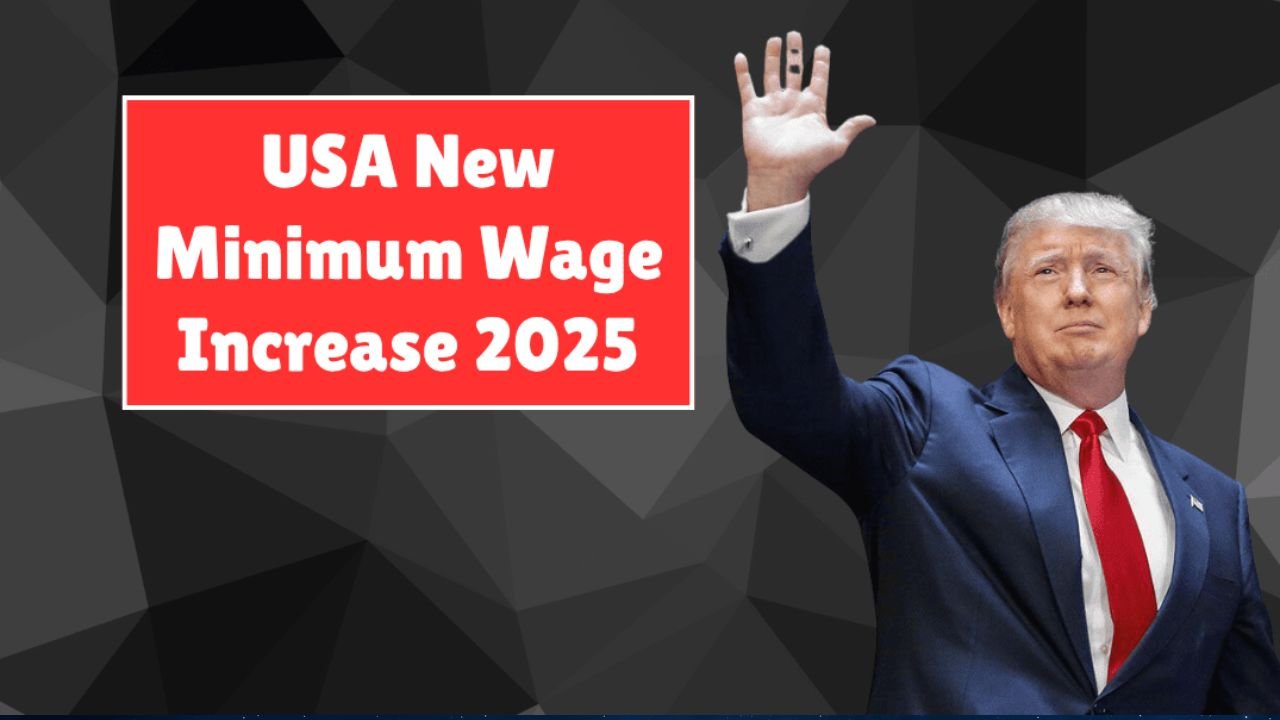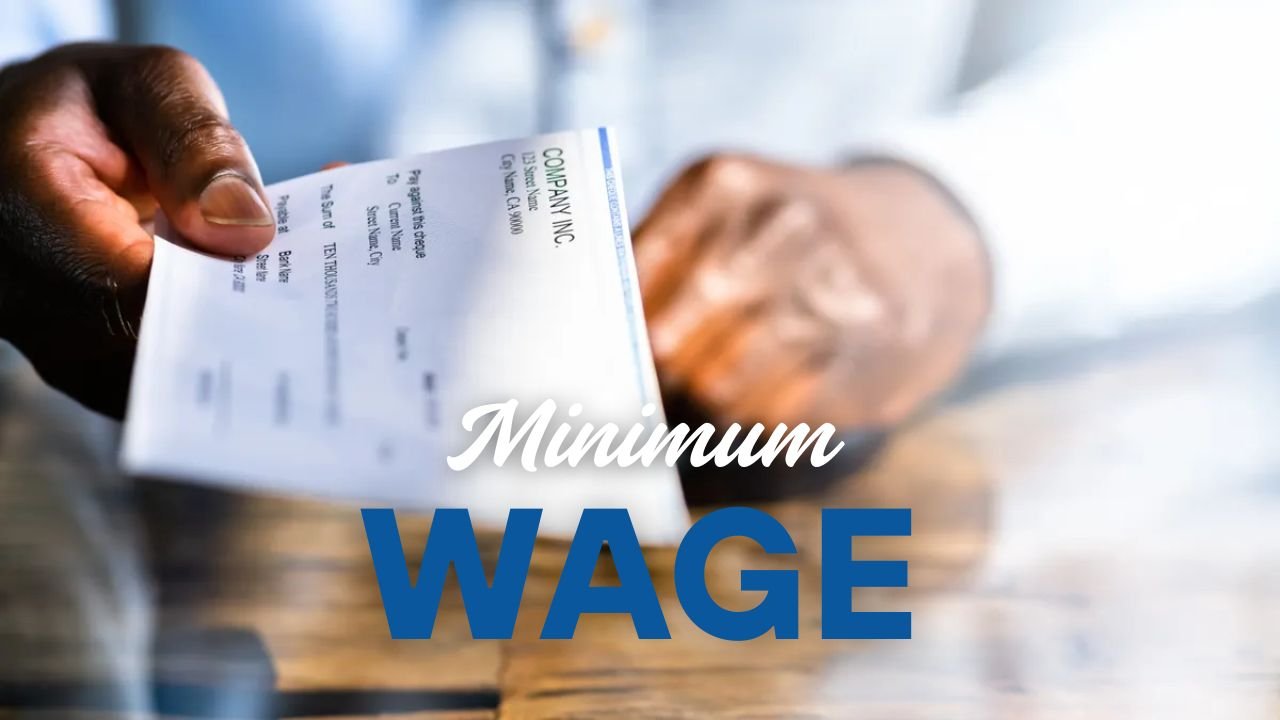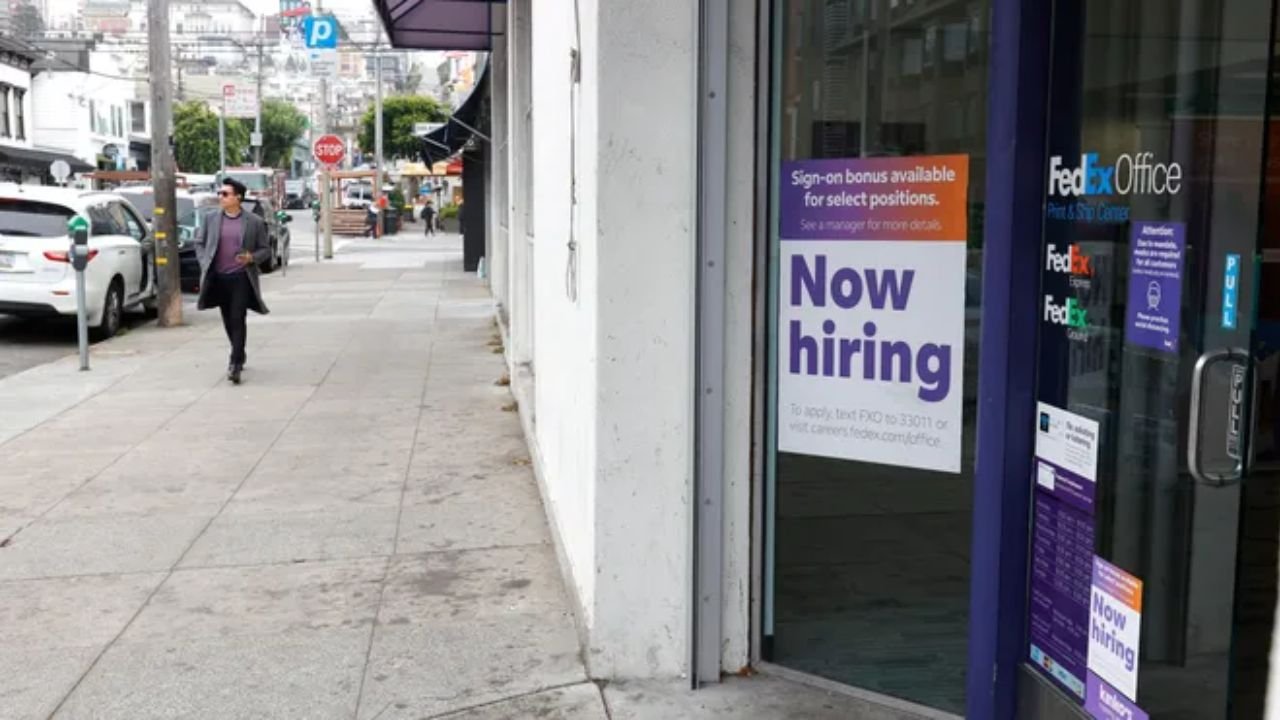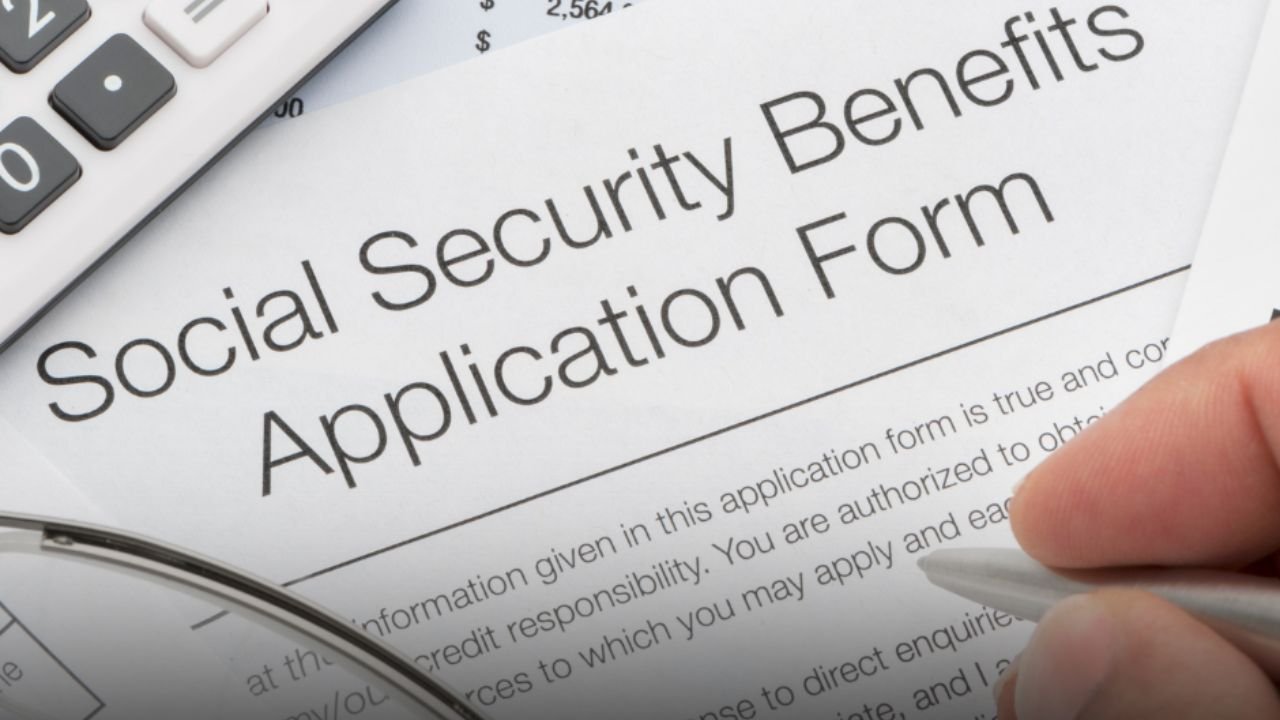ILLINOIS — A newly proposed GOP tax overhaul backed by Donald Trump is raising alarms about how it could dramatically affect household energy costs — particularly for middle- and low-income Illinoisans who are already grappling with inflation and utility hikes. The sweeping legislation includes provisions that roll back key clean energy incentives, alter depreciation schedules for energy-efficient upgrades, and potentially cut federal support for power-sector modernization.
For Illinois families, the impact could be both immediate and long-term — with households bracing for higher monthly bills, reduced access to rebate programs, and fewer energy-efficient options.
What’s in Trump’s Tax Bill?
The GOP’s tax proposal, which is modeled on Trump-era 2017 tax cuts, includes a rollback of green energy subsidies created under the Inflation Reduction Act. Those subsidies have helped thousands of Illinois households afford solar panels, electric vehicles, and energy-efficient home upgrades like insulation and smart thermostats.
In its current form, the bill would:
-
Repeal clean energy tax credits (solar, wind, EVs)
-
Reduce incentives for utilities to modernize their grid infrastructure
-
Favor fossil fuel producers by expanding oil and gas write-offs
-
Limit deductions for home energy-efficiency improvements
Policy analysts warn that these provisions could slow the transition to cheaper, renewable energy sources — locking households into more volatile and expensive fossil fuel systems.
How This Impacts Illinois Households
Illinois residents, especially in older housing stock or lower-income brackets, already face high energy burdens. A 2023 report from the Illinois Clean Jobs Coalition found that some households in Chicago’s South and West sides spend over 15% of their income on energy bills.
If Trump’s bill passes:
-
Utility bills could rise by an average of $120–$260 per year, according to analysis by CNN
-
Weatherization grants and rebates for efficient appliances would shrink or disappear
-
Energy providers may delay modernization, leading to longer outages and aging grid risks
-
Low-income families could be priced out of energy upgrades or even risk shut-offs
For suburban areas in Cook, DuPage, and Will counties — where many households are already managing tight budgets — these changes could hit hard.
Who’s Hit the Hardest
Energy burden is not distributed equally. The people most affected are:
-
Senior citizens on fixed incomes
-
Renters in older, poorly insulated apartments
-
Black and Latino communities, who face disproportionate utility debt and shut-offs
-
Small business owners who rely on predictable overhead costs
According to ComEd data, over 360,000 households in northern Illinois were behind on energy bills as of Q2 2024 — a figure likely to climb if prices surge without assistance.
How Residents Are Preparing
Some families are already adjusting to anticipated price increases. In Joliet, Oak Lawn, and Elgin, residents report:
-
Buying backup space heaters in case of outages
-
Pooling resources with extended family to cover rising utilities
-
Holding off on appliance replacements that might have qualified for federal rebates last year
-
Joining co-ops or community solar groups to reduce dependence on the grid
Samantha Ruiz, a mother of three in Berwyn, shared:
“We were going to install rooftop solar this fall with help from the federal tax credit. But if that goes away, we can’t afford the full price. That’s almost $10,000 lost for us.”
What Do Experts Say?
Economists say that Trump’s plan could reverse years of progress made by states like Illinois, which have embraced renewable standards and grid improvements. The 2021 Climate and Equitable Jobs Act (CEJA) positioned Illinois as a clean energy leader in the Midwest — progress now at risk.
“The long-term consequence of cutting green energy tax breaks isn’t just climate-related,” said Dr. Amy Miller, an energy economist at University of Illinois.
“It’s financial. Fossil fuel markets are inherently unstable, and the consumer ends up footing the bill.”
The American Council for an Energy-Efficient Economy (ACEEE) also warned that repealing key tax credits could stall job growth in energy retrofitting sectors — a field that’s provided tens of thousands of jobs across the state.
Are There Any Potential Benefits?
Supporters of the GOP plan argue that:
-
Cutting tax incentives may reduce federal spending
-
Lowering corporate taxes could encourage utility investment
-
Traditional fuel industries could see job stabilization
However, even some moderate economists say the short-term pain — especially for families already on the edge — may outweigh potential gains.
What Should Illinoisans Do Now?
While the bill is still under debate, experts recommend:
-
Taking advantage of current federal energy incentives before they’re repealed
-
Locking in fixed-rate utility contracts where available
-
Joining local rebate programs, like Illinois Home Weatherization Assistance Program (IHWAP)
-
Tracking updates via trusted agencies like Citizens Utility Board (CUB) and Illinois EPA
Have you felt the pinch from rising utility bills? Or are you worried about how Trump’s proposed tax changes could affect your family’s budget? We want to hear your story — share it with us at ChicagoSuburbanFamily.com to be featured in an upcoming spotlight on energy struggles across the region.

